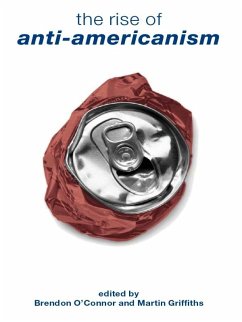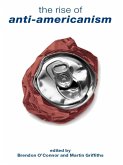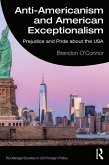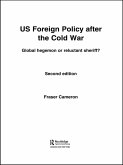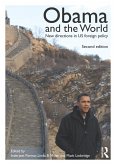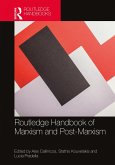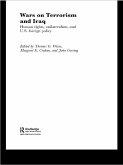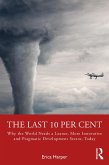Is anti-Americanism one of the last respectable prejudices, or are accusations of anti-Americanism a way to silence reasonable criticism of the United States?
Is the recent rise in anti-Americanism principally a reaction to President George W. Bush and his administration, or does it reflect a general turn against America and Americans? Have we moved from the American century to the anti-American century, with the United States as the 'whipping boy' for a growing range of anxieties? Can the United States recapture the international good will generally extended towards it in the days following 11 September 2001? These key questions are tackled by this new book, which offers the first comprehensive overview of anti-Americanism in the twenty-first century.
Examining what is sensibly called anti-Americanism and its principal sources, this study detailshow the Bush administration has provoked a recent upsurge in anti-Americanism with its stances on a range of issues from the Kyoto Protocol to the war in Iraq. However, the spread of anti-Americanism reflects deeper cultural and political anxieties about Americanization and American global power that will persist beyond the Bush administration.
At the heart of much of the recent anti-Americanism is opposition in the Middle East, and elsewhere, to US support of Israel. This crucial issue is explored in depth as is the associated claim of a 'clash of civilizations' between Islam and the West and the rise of anti-American terrorism.
This book will be of great interest to all studentsand scholars of American Studies, International Relations and Politics.
Dieser Download kann aus rechtlichen Gründen nur mit Rechnungsadresse in A, B, BG, CY, CZ, D, DK, EW, E, FIN, F, GR, HR, H, IRL, I, LT, L, LR, M, NL, PL, P, R, S, SLO, SK ausgeliefert werden.

